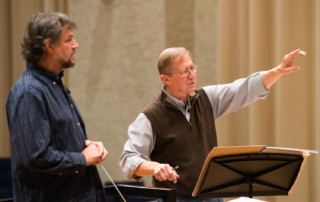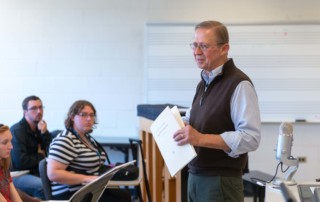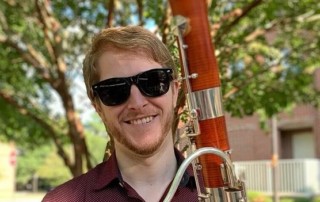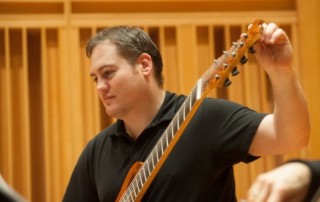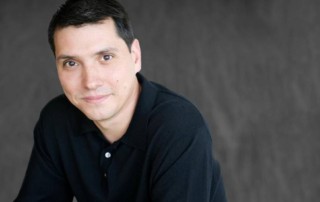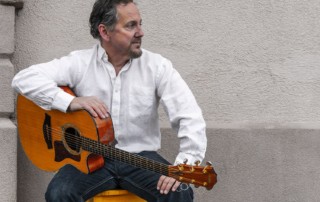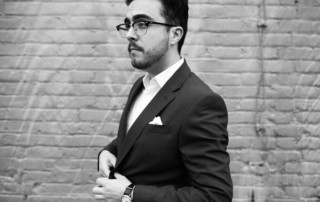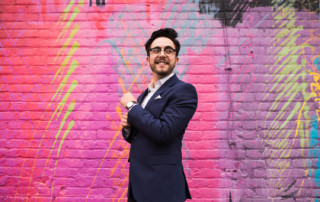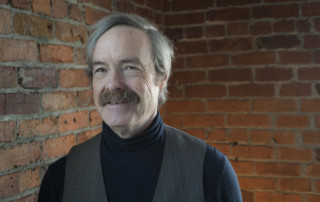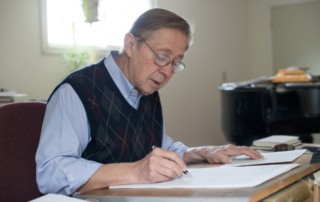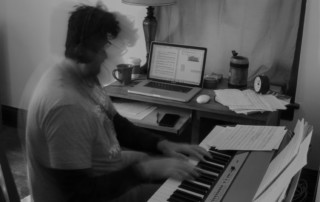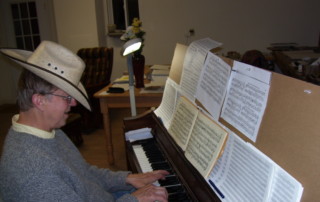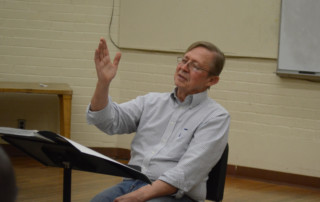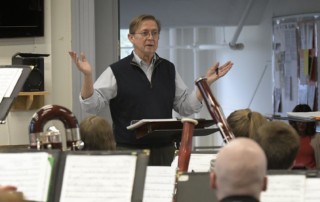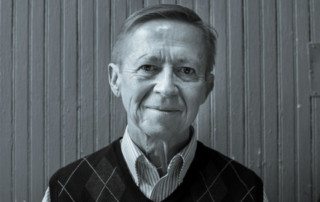Rehearsing Alex and the Phantom Band and Saint Francis: Middle Tennessee State University (Oct 2016)
In October 2016, I (Matthew Maslanka) accompanied my father to Middle Tennessee State University where I photographed and recorded his masterclasses and rehearsals. This is his rehearsal on October 25. He helped produce his final CD during this visit.
Audio Recording (1:22:57)
(transcript below)
Reed Thomas
Good afternoon, everybody. So, the plan for next couple of days, we’re going to start with some sections of Alex and the Phantom Band, then we’re going to move on, once we’ve had the chance to dress and get ready, we’re going to move to St. Francis. And the second movement, first, then we are going do the first movement and during those times Dr. Maslanka is going to be working with you. Helping, so we can make sure that we produce the music in a way that is the best of our ability. (inaudible)
So we are very privileged to have him here to work with us this week. So if you will please welcome Dr. David Maslanka.
David Maslanka
Thank you, it’s an honor and will evolve as a pleasure as we get going together. My whole need in the music making is just that, that we make music together, as opposed to technical chunks of this and that. We’re going to make music all through the rest of our week together today. So I want to start, not take too much time with you now just to let you know who I am. And we’ll start with our friend, Alex here. This is a neat little […]
